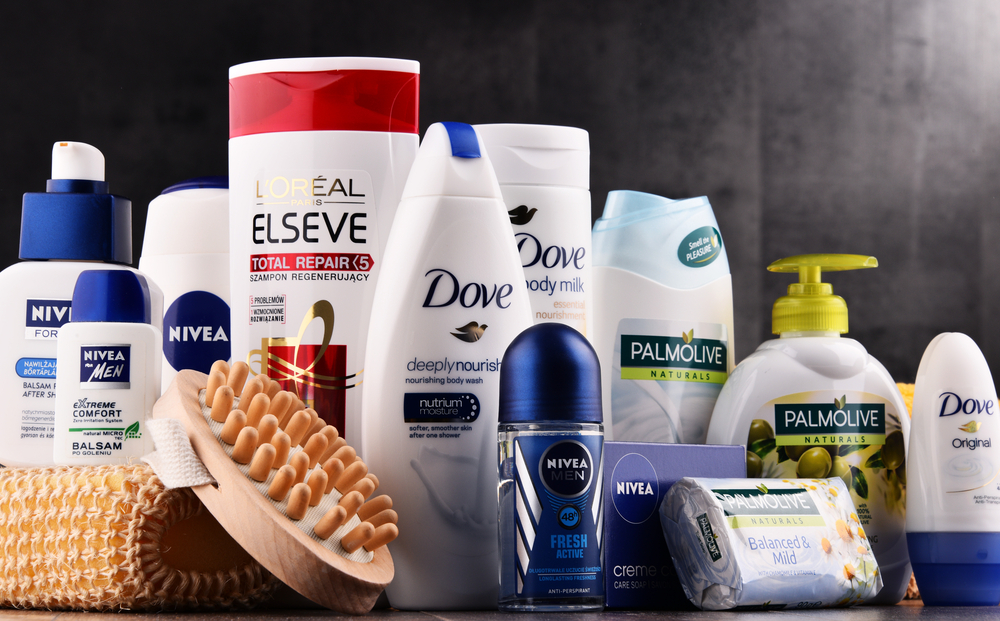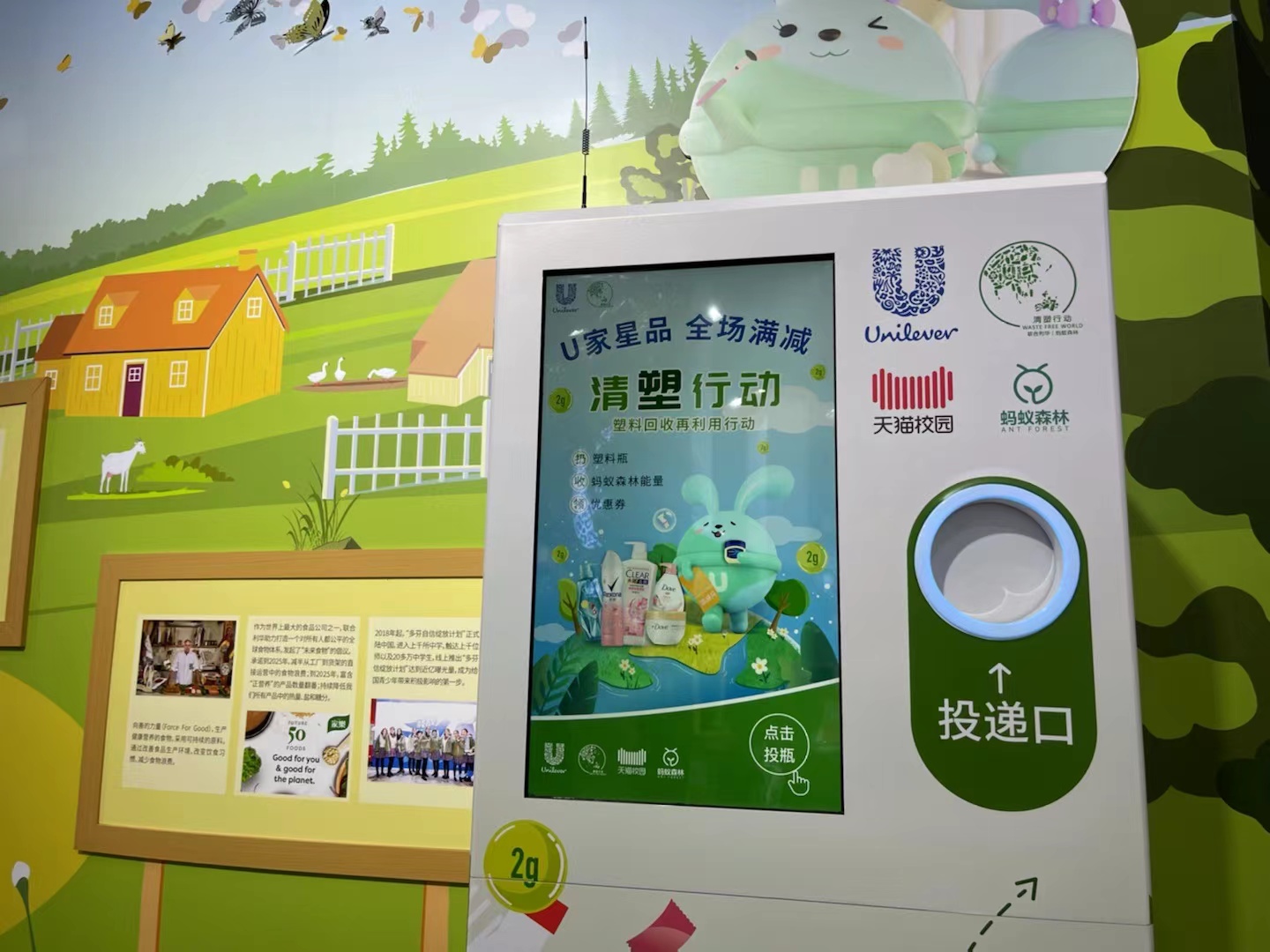
Consumer goods company Unilever is working with Alibaba Group to encourage recycling and sustainability. Photo credit: Shutterstock
Unilever and Alibaba Group took their sustainability partnership to the next level last month with a commitment to build greener supply chains, expand sustainability-focused digital marketing and create green-shelf space to spotlight environment-friendly products.
“We have a unique role to play as a platform to create value — to make sustainable growth a part of our corporate governance and to encourage our ecosystem and brand partners to go green together,” said Alibaba Group Chairman and CEO Daniel Zhang in a statement.
As part of the newly launched partnership, Alibaba will roll out dedicated green-shelf spaces across its platforms, including at its B2C e-commerce marketplace Tmall, online grocery Tmall Supermarket and hypermarket RT-Mart.
The duo will launch marketing campaigns encouraging shoppers to adopt an environment-friendly lifestyle, and Unilever has pledged to shrink its carbon footprint by reusing shipping boxes and cutting packaging waste, among other things.
“We are very proud of our partnership with Alibaba. It’s a prime example of working together on sustainable development,” said Unilever’s chief executive Alan Jope.
Single-use plastic packaging racked up 130 million metric tons of waste globally in 2019, according to a recent report by Australian advocacy group, Minderoo.
Alibaba and Unilever are determined to promote a more sustainable business culture, and the companies’ shared commitment could be seen during the 11.11 Global Shopping Festival earlier this month.
Alibaba introduced a dedicated vertical for eco-friendly products, leading to more than 2.5 million consumers buying 500,000 low-impact products. Meanwhile, all of the packaging used for Unilever’s e-commerce orders in Cainiao warehouses during this year’s 11.11 was recyclable and plastic-free, according to the company.
Unilever’s chief executive Alan Jope and Alibaba chairman and CEO Daniel Zhang share the importance of sustainable business development. Video credit: Alibaba Group
Waste-Free World
The new collaboration comes on the heels of the companies’ recent announcement to expand their joint initiative to tackle plastic waste. They plan to add more than 1,000 artificial intelligence-powered plastic recycling machines at universities across China.
Earlier this year, the companies piloted 20 machines — which can sort different types of plastic to fast-track the recycling process — across their offices, neighborhoods and Tmall Campus Stores in Shanghai and Hangzhou.

After recycling, Chinese consumers can scan the machine’s QR code to receive rewards such as vouchers for Unilever products and virtual “green energy” points in Alipay’s Ant Forest, the e-wallet’s tree-planting mini program.
“Jointly launching an AI-enabled recycling system that automatically identifies and sorts recyclable plastic. That’s the kind of partnership we need to make a difference,” said Unilever’s Jope.
Alibaba and Unilever have expanded their partnership to Southeast Asia. Last month, Lazada, Alibaba’s flagship e-commerce platform in the region, inked a partnership with Unilever to make it easier for local consumers to shop for sustainable products.
The companies also pledged to develop initiatives to further reduce plastic waste and carbon emissions via e-commerce operations.




